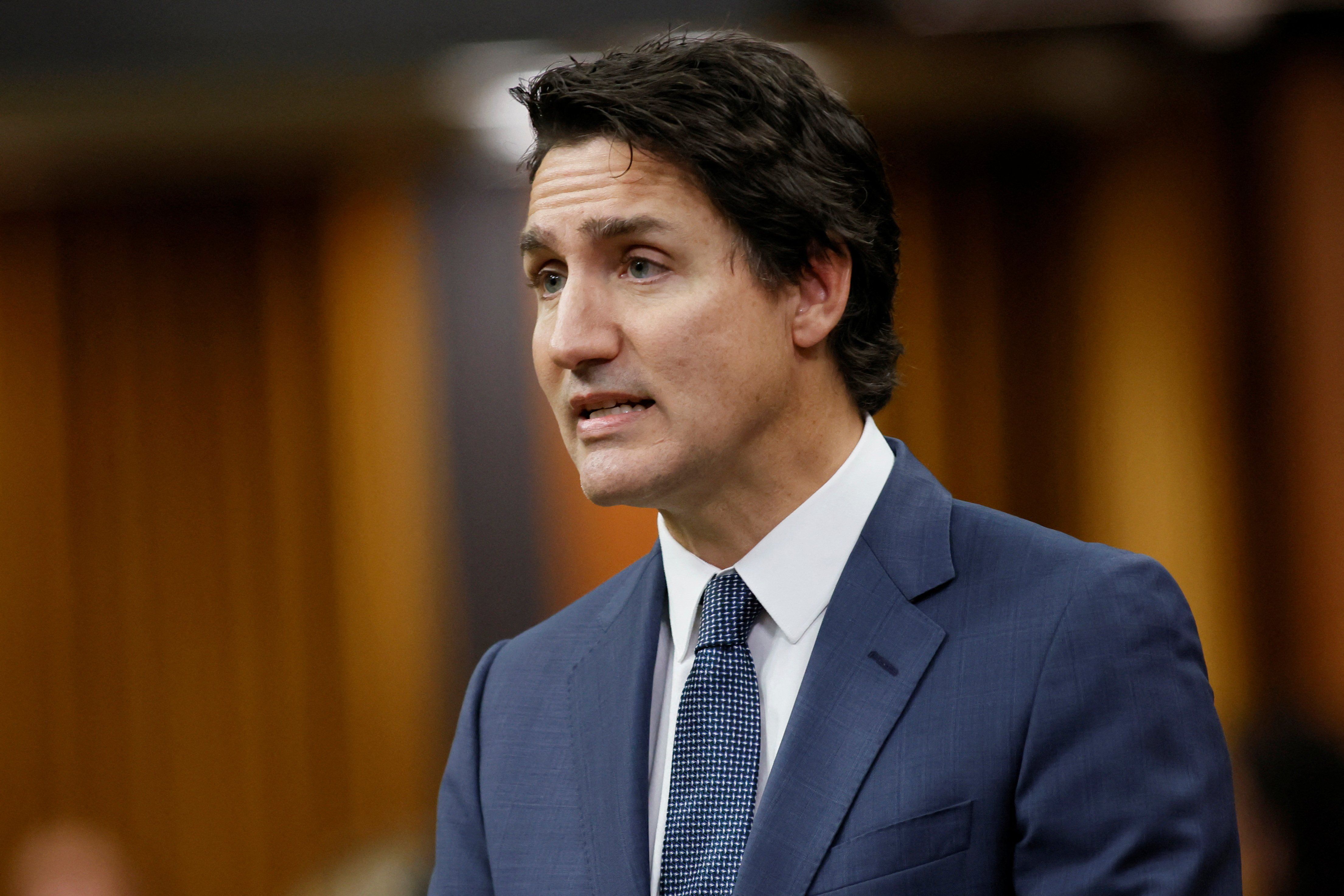The stated aim of the process, which applies to services with more than $10 million in annual revenue in Canada, is to ensure that streamers “make meaningful contributions to Canadian and Indigenous content.” This may mean imposing obligations on them similar to those that traditional broadcasters meet as a part of the cost of doing business in Canada.
But registration is just the first step, and it is not clear what the final regulations will require, leading critics of the Trudeau government to worry that Big Brother will soon be deciding what content Canadians can consume online. Elon Musk and Glenn Greenwald said on X that it was part of an effort to crush free speech in Canada, and Conservative Leader Pierre Poilievre denounced it as “power-hungry woke bureaucracy.”
Heritage Minister Pascale St-Onge says that’s all nonsense, portraying it as an updated version of Canadian content rules, which have long been used in Canada to nurture a domestic cultural industry. While likely true, critics are concerned that the process could eventually open up podcast distributors, for example, to content controls. Until the regulator takes the next steps, months from now, it will likely be hard to rule out those concerns.
The Trudeau government is engaged with struggles with the tech titans on several fronts as it attempts to impose European-style regulatory order on unregulated cyberspace while critics, both domestic and foreign, offer fierce resistance.
Cultural policy is traditionally treated as a carve-out in the Canada-US trade relationship, so the Biden government is unlikely to pressure Canada over this. Still, it is one more irritant between the Trudeau government and rich and powerful Amercian tech companies. Members of Congress, meanwhile, recently warned Canada that it will face consequences if it proceeds with plans to impose a 3% digital services tax on the Canadian revenue of tech giants. Canada has not backed down and plans to levy the tax beginning Jan. 1, 2024.
